The Lord of the Rings Roleplaying has brought Middle-earth to the D&D 5E ruleset. The problem with any adaptation of this nature is the magic system, as moments of overt sorcery were rare in The Hobbit and The Lord of the Rings, while D&D characters will throw fireballs before breakfast. As such, the developers did a lot of tweaking to make the magic system fit the setting as best as possible.
Related: Dungeons & Dragons: New Player Guide To Fighters
D&D Spells & Spell Slots Are Replaced With LOTR Crafts
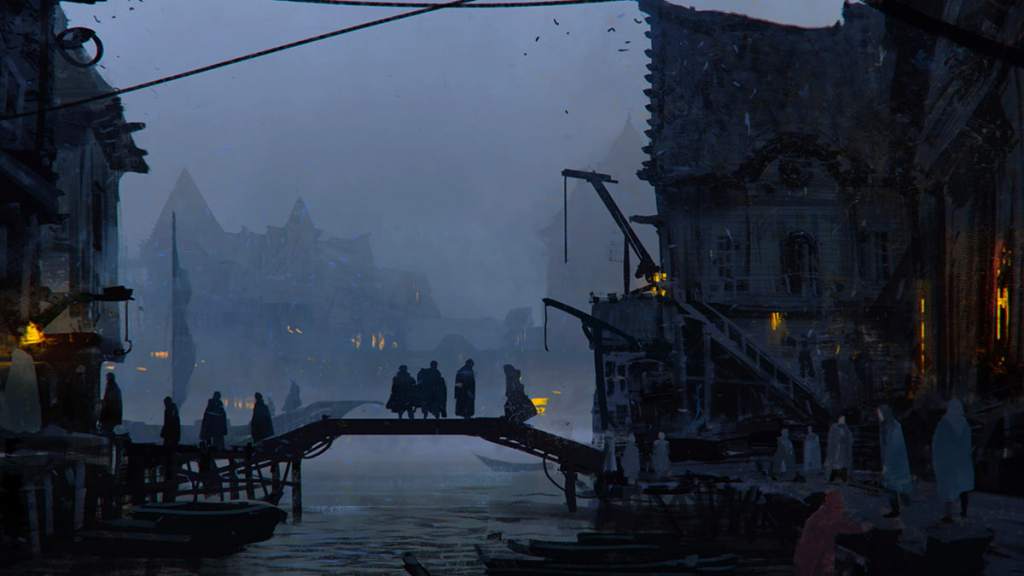
The biggest change that The Lord of the Rings Roleplaying callings (the character class equivalent) have from D&D’s classes is the absence of spells and slots. There is no true equivalent to the Wizard or the Cleric, as most callings are martial or sneaky classes. The closest thing to a spellcaster is the Scholar, which has abilities that mimic Bard and Druid spells to a limited degree.
Instead, some callings have access to Crafts, the spell equivalent in the game. The Scholar is the master of Crafts, gaining several for three throughout their progression, while some classes can take one instead of a Virtue, which is the Feat equivalent. The Crafts in The Lore of the Rings Roleplaying core rulebook are:
- Beast Craft – The ability to communicate with beasts and possibly charm them into serving you.
- Hand Craft – The ability to enchant or enhance equipment during downtime.
- Leech Craft – The ability to heal wounds using surgical methods.
- Rune Craft – The ability to read ancient writings, identify magic items, and inscribe runes of power onto gear.
- Song Craft – The ability to remove certain debuffs, buff allies, and influence creatures through the power of music.
- Speech Craft – The ability to frighten enemies with words or use an effect similar to D&D’s Command spell.
- Weapon Craft – Gain proficiency with weapons and replace the Finesse or Ranged modifier with Intelligence, Wisdom, or Charisma, as well as use Craft slots to deal extra damage.
- Wood Craft – Help allies travel swiftly and stealthily through the wild, as well as being master foragers.
LOTR Player Characters Have Access To Rewards, Virtues, & Magic Items
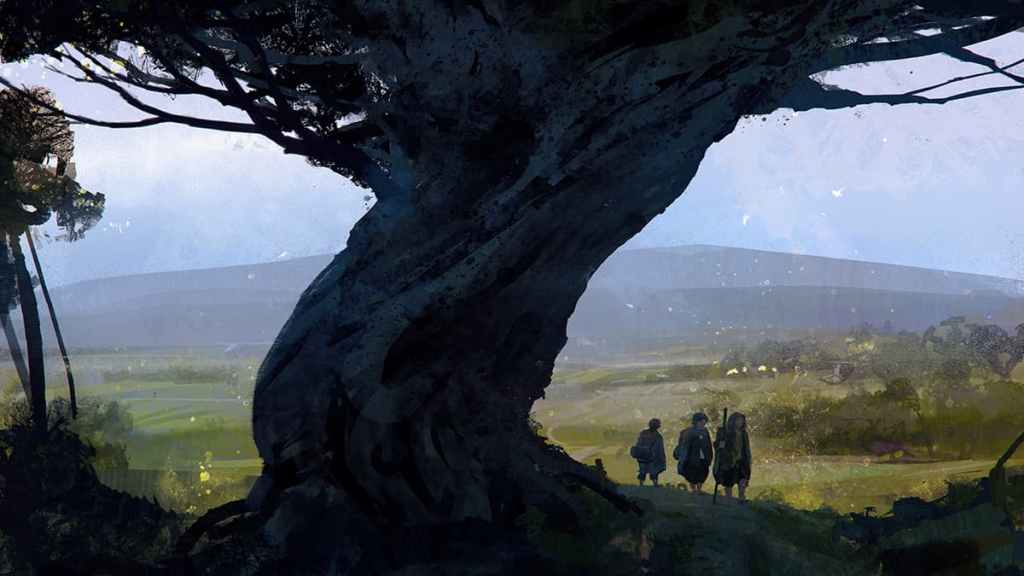
While The Lord of the Rings Roleplaying doesn’t load the player up with spells, it gives them more choices for creating magical gear, which is an optional rule in D&D 5E. Indeed, most D&D parties don’t require magic items nowadays, as they’re already loaded with many class abilities they can unleash in combat.
In The Lord of the Rings Roleplaying, players get regular access to Rewards, allowing them to add magical properties to existing items or work with the Loremaster/DM to determine how they acquire their new gear. A player gets a new Reward at levels 3, 5, 7, and 9, which can be applied to specific items. The current Rewards are:
- Close-Fitting (Armor) – Critical hits against you are downgraded to normal attacks.
- Cunning-Make (Armor) – The maximum Dexterity modifier allowed increases by 1.
- Fell (Weapon) – When you perform a critical hit, you roll two extra damage die.
- Grievous (Weapon) – The weapon adds +1 to hit and damage rolls.
- Keen (Weapon) – The critical threat range of a weapon is now 19-20.
- Reinforced (Shield) – The shield gains +1 to AC alongside its normal bonus.
The Reward system has some fantastic benefits for the martial classes, and it matches the setting, as ancient weapons and equipment held a lot of power in The Lord of the Rings. Bilbo alone was packing a Mithril shirt and his Sting blade, not to mention the One Ring, and he was just one hobbit.
Related: Dungeons & Dragons: Starting Tips For New Players
The Lord of the Rings has a few moments where magic is used obviously, such as when Gandalf creates light to chase off the Nazgul. In most cases, magic in Middle-earth is a subtler affair, and it’s only the greatest and most powerful of magicians who can conjure the tricks that come so easily to D&D spellcasters. The fact that the current scope of the game surrounds lower levels of play means that most characters will never get the chance to perform the same tricks as the Istari, but they’ll at least have some say in the kinds of legendary gear they’ll be taking with them into battle.

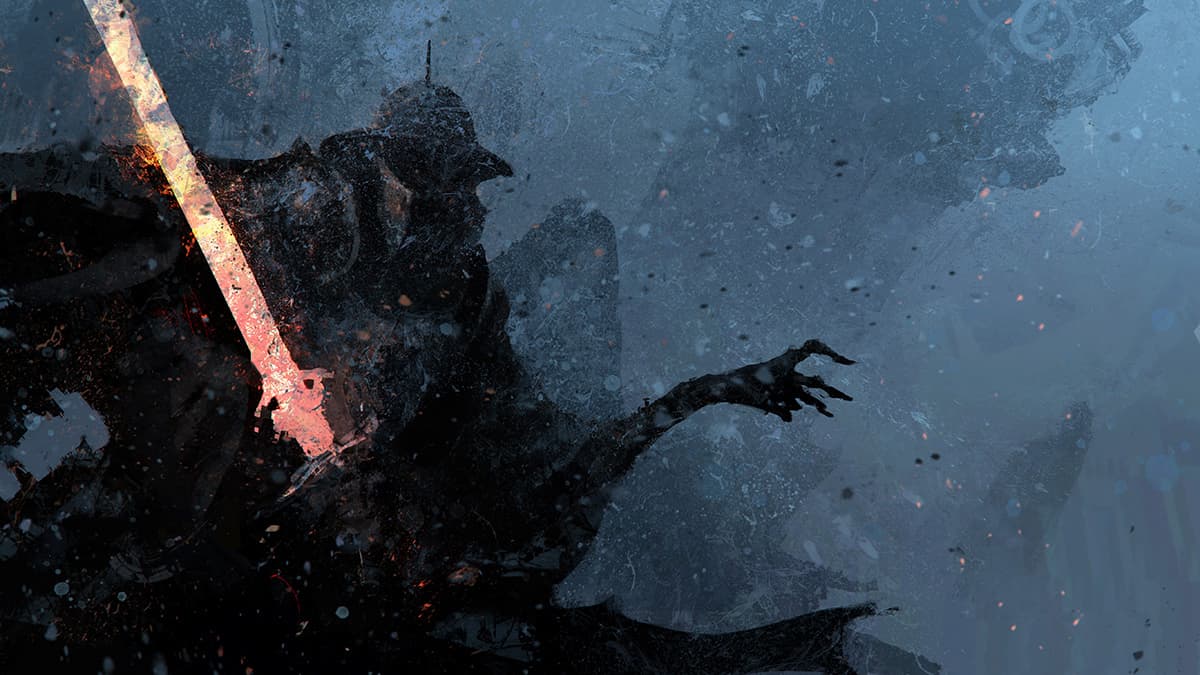

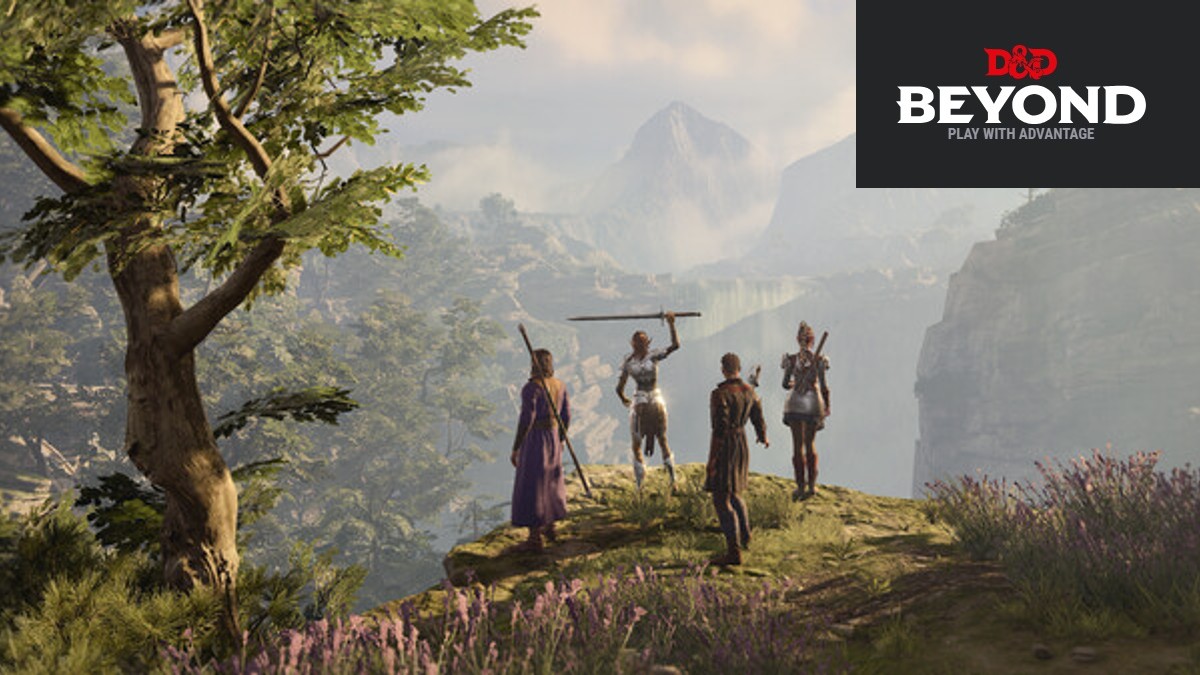
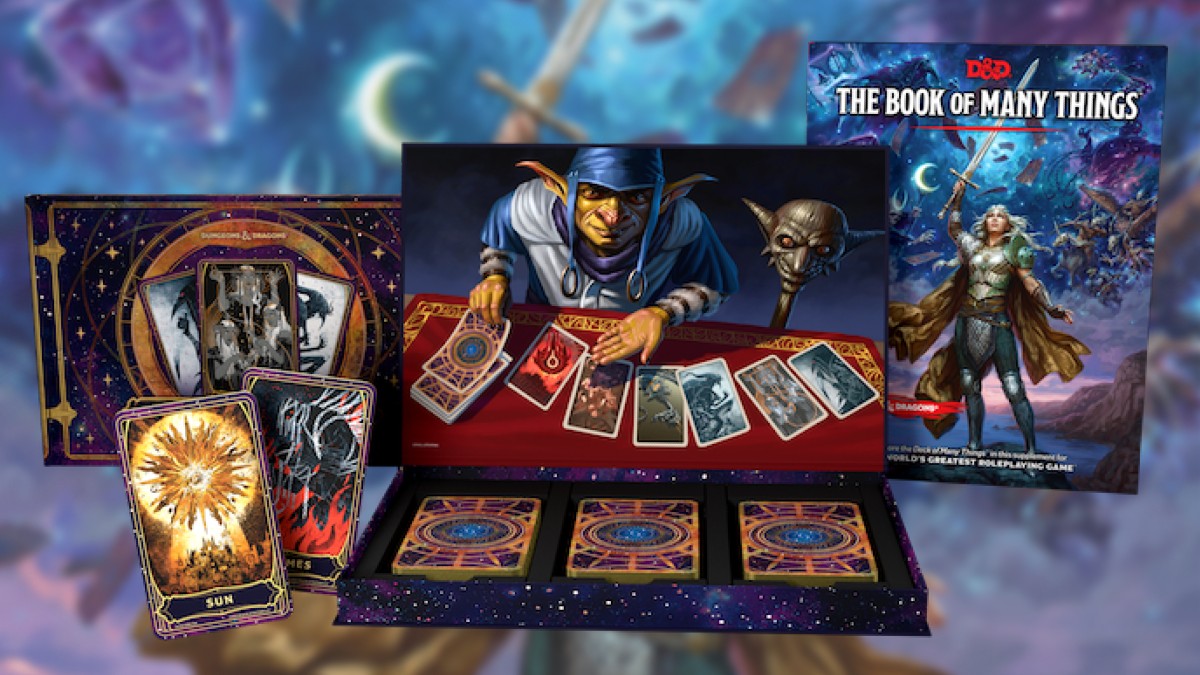
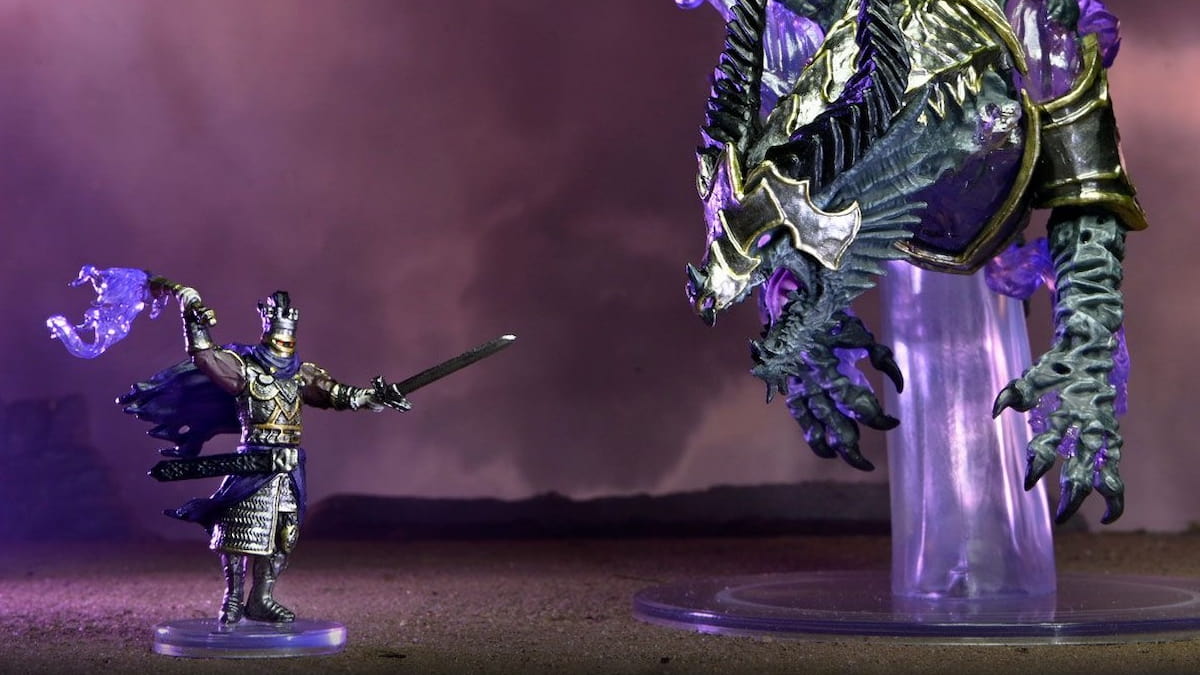
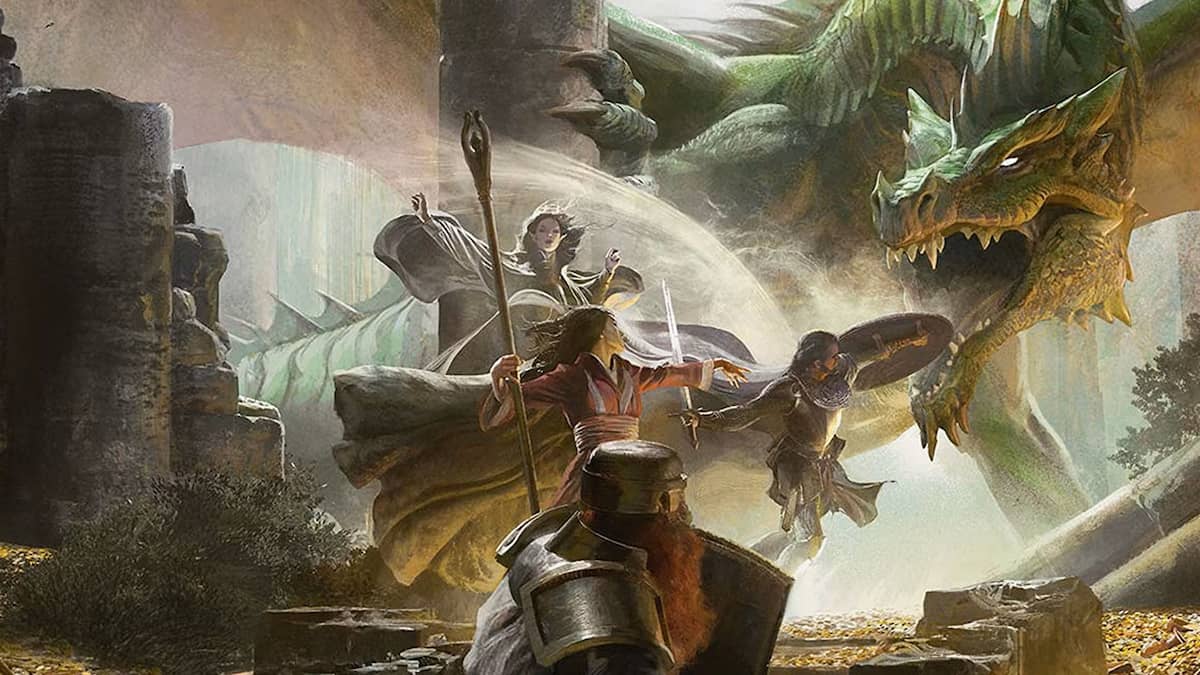
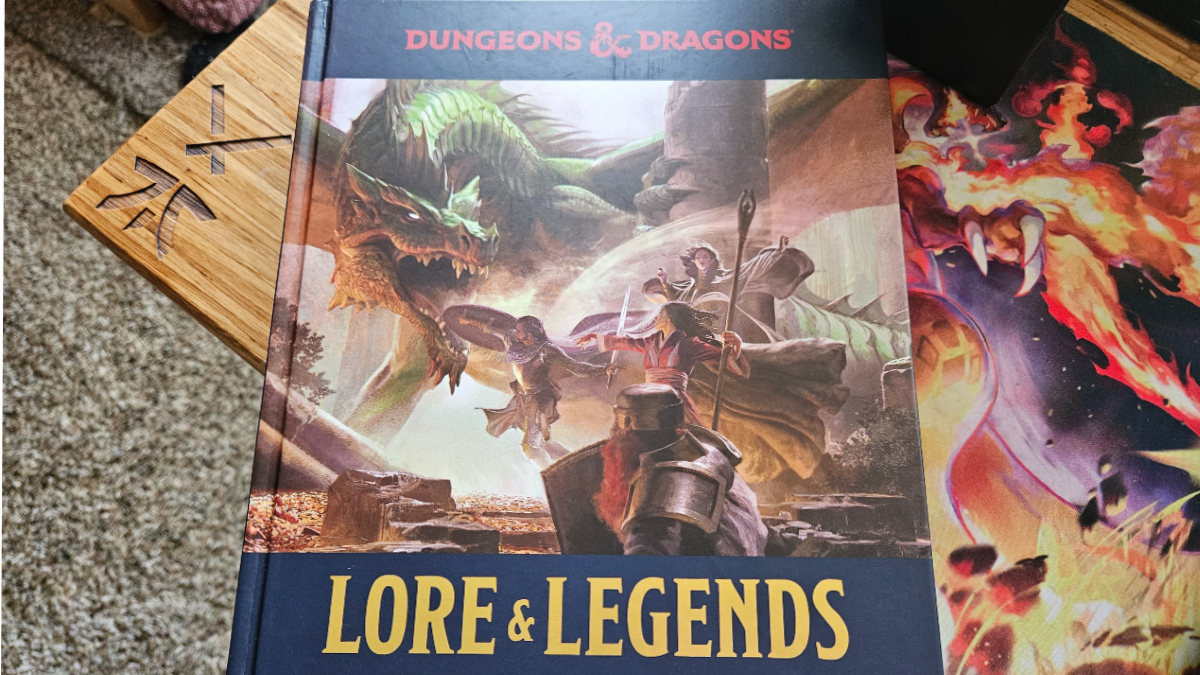
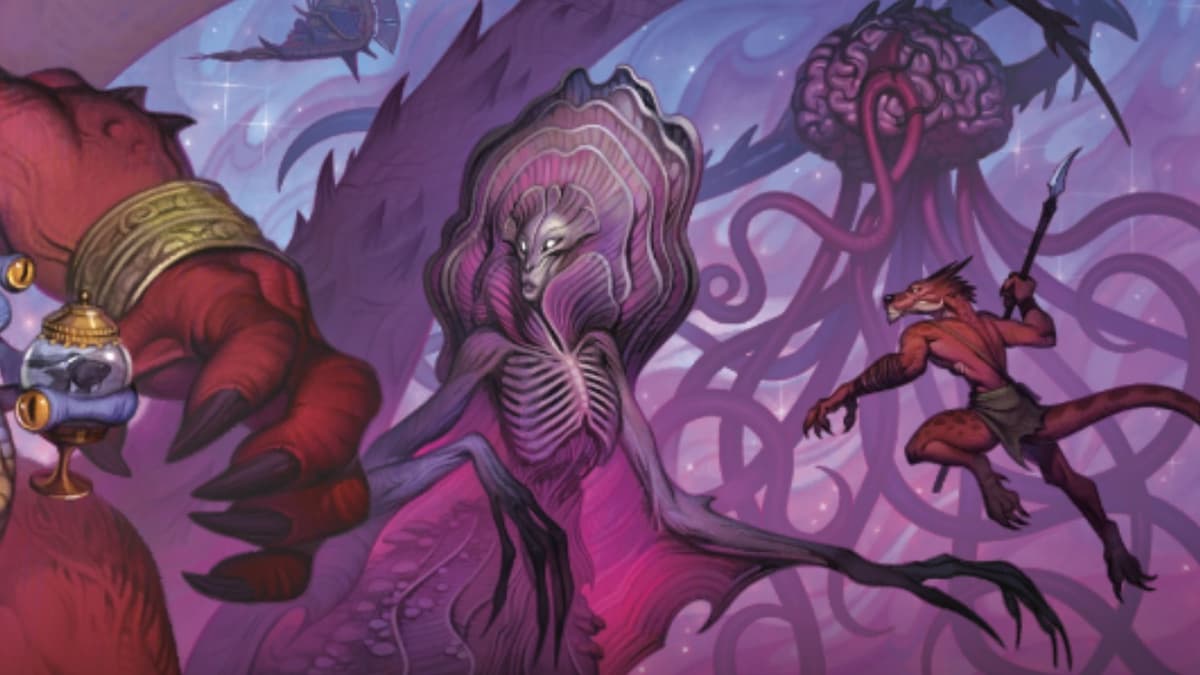
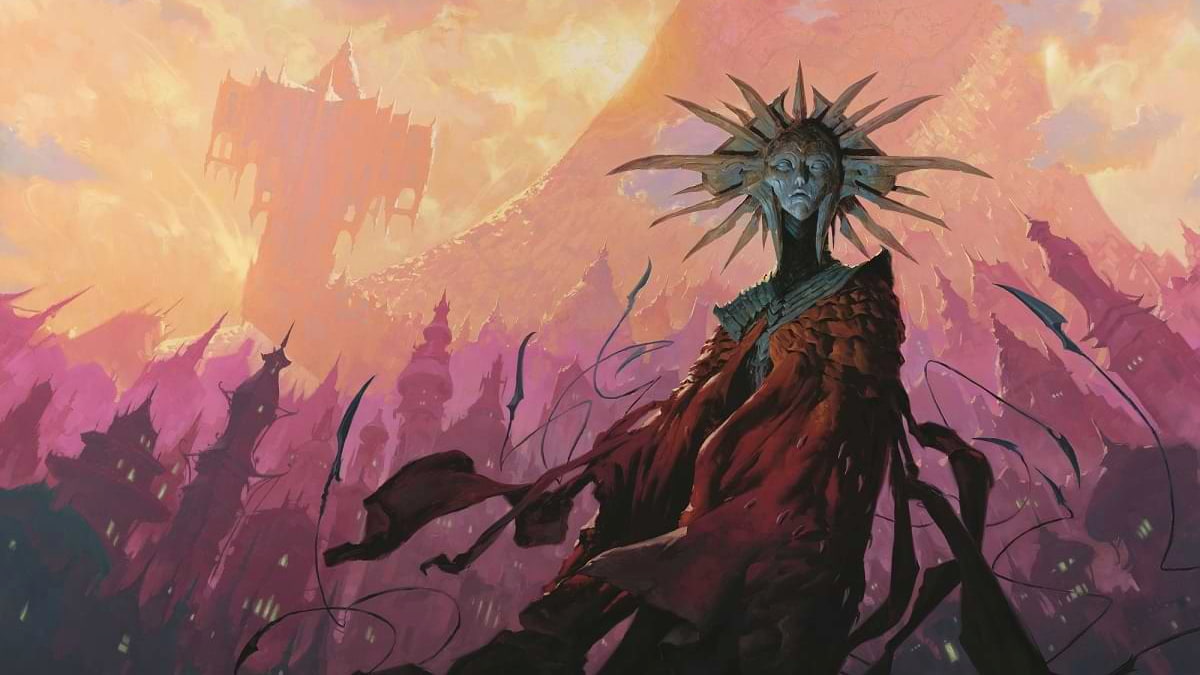
Published: May 17, 2023 01:47 pm